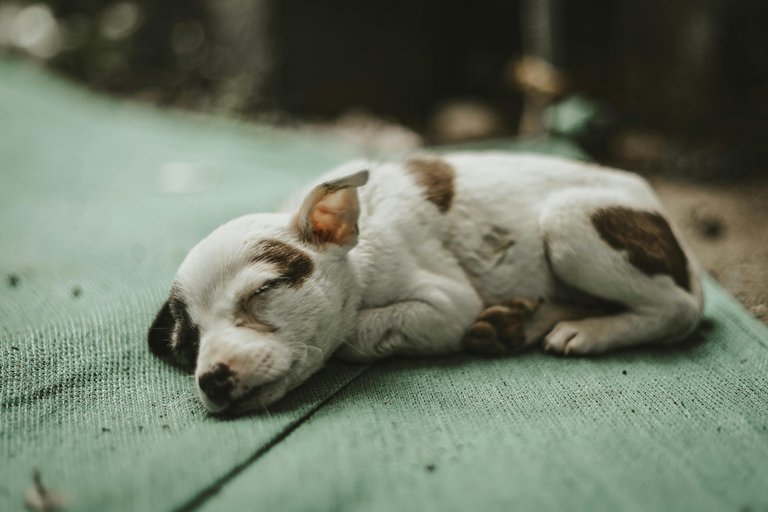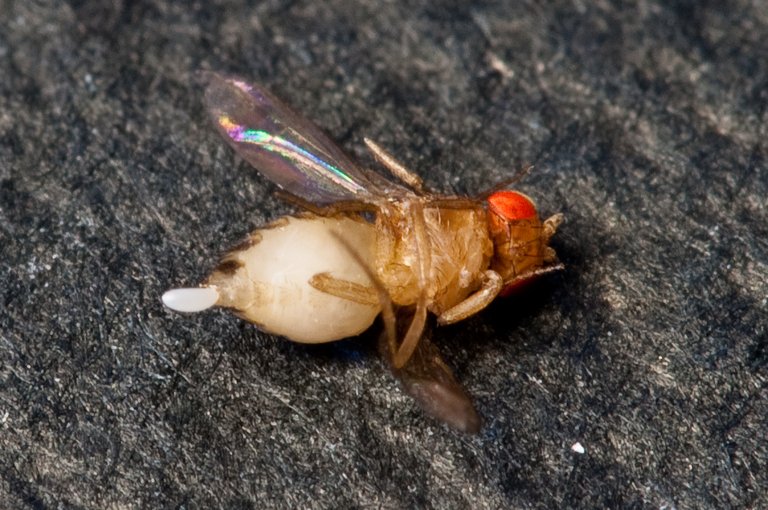As a student reading overnight for an exam or a test, the next day always suck and this was the same thing for a lot of people that did over the night reading, cramming for the next day's questions. Nursing mothers would also have an idea of not having enough sleep and they can tell you how they feel the following day but we have a record of the longest time without sleep which is 18 days, 21 hours, and 40 minutes.
I can tell according to history that the person who broke this record went through hell and still suffered a lot after the world record so do not try to break this record. In fact the Guinness Book of World Record in 1997 removed it as a category to compete for. Back to you and me who sleep well at night and some of you do deprive yourself of sleep. You would be surprise at how sleep deprivation can be the road to a person's death, well maybe I can share with you what could happen based on research studies on animals since I guess no one would like to volunteer themselves for a sleep deprivation test.
I love my bed so much that I do not miss that night sleep. Once it is 11:00PM, I start to round up so I can go to bed and wake up within 6:00AM and 7:00AM. While I love to sleep because it is enjoyable, my brother would call me Jonah, I sleep because it is also beneficial to the body. Our brain does a whole lot of cleaning up via the Glymphatic system while we are in dream land, and new neural connections are made at the same time. These connections help us to learn as well as store memories.
It is not our brain alone that enjoys the benefit of sleeping, your entire bodies does and it is evident in Hormone Regulation, Immune System boosting, Build Muscles and so on. Missing a night of sleep can mess with our cognitive ability including how we concentrate, getting distracted and inability to recollect things easily. But it is normal to have certain days when we do not sleep properly but it becomes a problem when it is now becoming a regular thing because in the long term, sleep deprivation has been associated with a whole lot of things including depression, neurodegenerative conditions like Alzheimer's disease, obesity, mental health disorder, and even cardiovascular disorder. Wait for it... Chronic sleep deprivation can lead to death.
One study done in the 1890s was done on puppies that were deprived of sleeping. The test was not really accepted because it couldn't prove if the dogs died of sleep deprivation or of stress but then it was clear that lack of sleep can lead to brain damage, and death. Another study was done in 1989 and this time around it was done on rats where one was allowed to sleep and other wasn't. The rats that were sleep deprived did die but there were no major physiological differences after their death.
Scientists decided to use an organism that has an ortholog of about 60% of human gene in them, and they turned to Fruit flies. In this case, scientists from Harvard Medical school decided to modify the genes of fruit flies so they do not sleep at all. The control flies started dying at 40 days while the modified flies that couldn't sleep started dying at 10 days but non of them survived day 20.
Scientist realized that it was not the brain that caused the death of the fruit flies rather it was a build up of Reactive Oxygen Species (ROS) in the gut that caused them to die. The researchers were able to feed antioxidant to the fruit flies and they noticed that the sleep deprived flies lived their full lifespan without sleep and this is because antioxidants neutralizes Reactive Oxygen Species was was the cause of the death before.
For us as humans, we are yet to see anyone who would volunteer for a sleep deprivation study that could lead to death and there would possibly be no one but then, let's always put into consideration that all the studies that has been carried out and associated with sleep deprivation has led to death, the particular reason that leads to the death is what still remains unclear. So try to enjoy our sleep while we find the best research but put it at the back of your mind that sleep deprivation leads to death.
Read More
- https://www.frontiersin.org/journals/behavioral-neuroscience
- https://www.guinnessworldrecords.com/news/2023
- https://pmc.ncbi.nlm.nih.gov/articles/PMC7839624/
- https://link.springer.com/article/10.1007/s00424-011-1044-0
- https://www.sciencedirect.com/science/article/pii/S1087079222001137
- https://pmc.ncbi.nlm.nih.gov/articles/PMC4636982/
- https://onlinelibrary.wiley.com/doi/full/10.1155/2015/591729
- https://www.sciencedirect.com/science/article/abs/pii/016643289500020T
- https://academic.oup.com/sleep/article-abstract/12/1/13/2742633
- https://hms.harvard.edu/news/why-fly
- https://onlinelibrary.wiley.com/doi/full/10.1155/2015/234952
- https://www.cell.com/cell/fulltext/S0092-8674(20)30555-9
- https://pmc.ncbi.nlm.nih.gov/articles/PMC6361303/
- https://pmc.ncbi.nlm.nih.gov/articles/PMC5921829/
- https://link.springer.com/article/10.1007/s00204-023-03562-9


